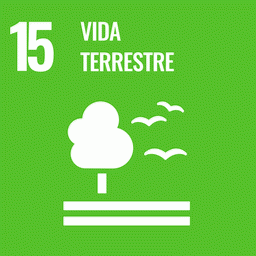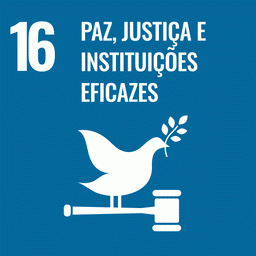Sustainably managing the Amazon region is essential to mitigating global climate change and to preserving the biological and cultural diversity of the region. After promising reductions in degradation in the 2010s, a return to historically high levels of land conversion and deforestation during the past 5 years has severely undermined these goals. This land conversion — primarily the result of logging, mining and ranching — has generated social, economic and environmental burdens across scales1. Encouragingly, signs of recovery towards Amazon protection are appearing under Brazil’s current federal administration. But amid the drop in deforestation, a new threat is on the rise: uncontrolled fires.
Issues in Amazonian Development
Discussion on previous article by Laurance et al in Science. Full letter


